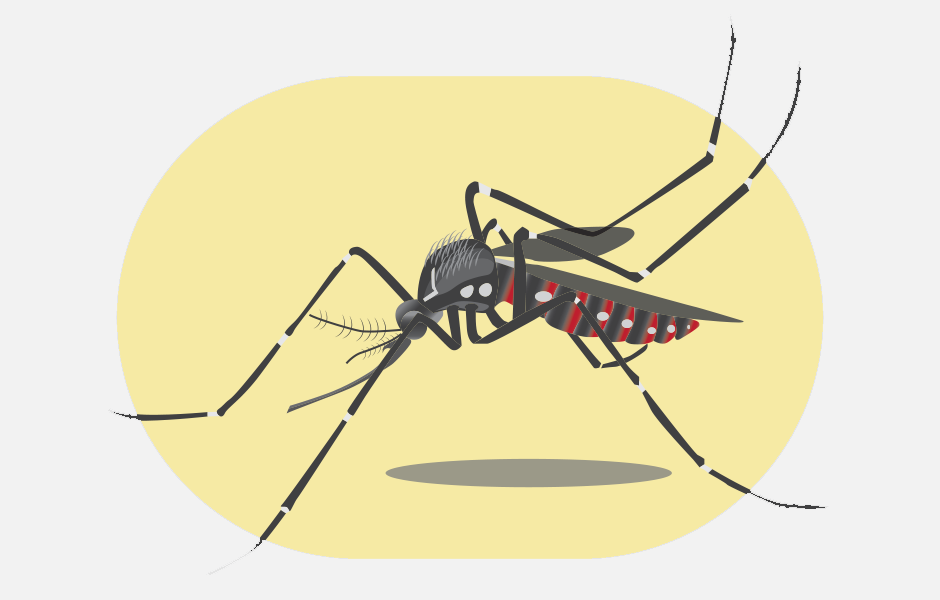Words by Isabel O’Brien
The UK Health Security Agency (UKHSA) and the Animal and Plant Health Agency (APHA) have confirmed the detection of the West Nile Virus (WNV) in mosquitoes collected in Britain. Experts have pointed to the climate crisis as a potential trigger for this development.
The virus was identified through testing of two mosquitoes gathered from wetlands near the River Idle in Nottinghamshire in July 2023. While this is a novel discovery, both agencies stress that the risk to the general public remains very low, with no evidence of ongoing circulation in local birds or mosquitoes.
“While this is the first detection of West Nile Virus in mosquitoes in the UK so far, it is not unexpected as the virus is already widespread in Europe,” commented Dr Meera Chand, Deputy Director, Travel Health, Zoonoses, Emerging Infections, Respiratory and Tuberculosis, UKHSA. “Vector research of this kind is designed to give us early warning of potential threats so that we can enhance our disease surveillance and control activities and ensure patients receive appropriate testing.”
WNV is a flavivirus that is primarily maintained in birds and transmitted by mosquitoes, with rare cases of transmission to humans and horses. The detection was made as part of the Vector-Borne RADAR (Real-Time Arbovirus Detection and Response) programme, which has tested 32,000 mosquitoes in the UK.
Dr Arran Folly, Arbovirologist, APHA, and lead of the Vector-Borne RADAR project, highlighted the broader implications: “The detection of West Nile virus in the UK is part of a wider changing landscape, where, in the wake of climate change mosquito-borne diseases are expanding to new areas. Only through continued surveillance can we assess the risk to animal and public health.”
While no locally acquired human or equine cases have been reported in the UK to date, the development underscores the importance of robust vector surveillance and diagnostic readiness as the climate crisis continues to alter the landscape of infectious diseases in Europe.









